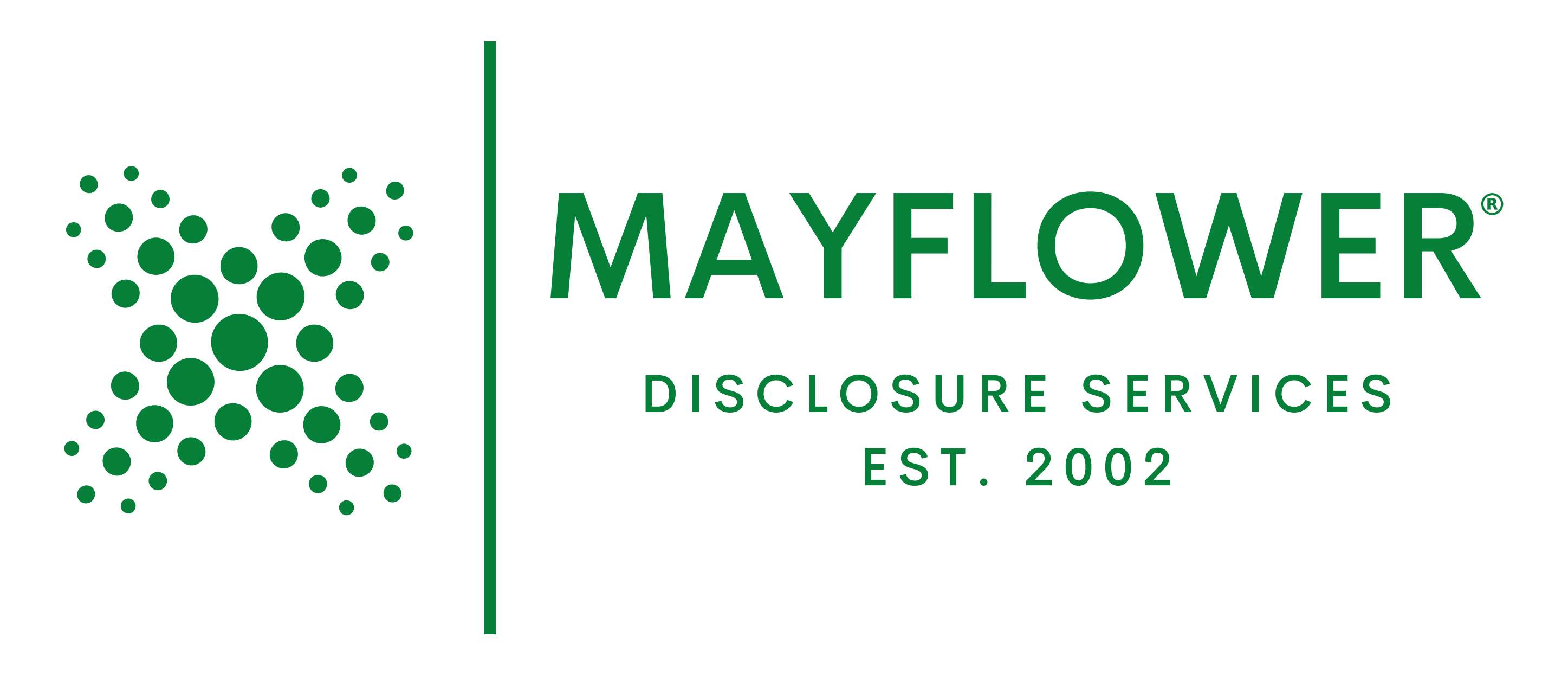Want to use our services? Create an Account.
PVG Checks - Protecting Vulnerable Groups Scheme
The PVG scheme is the Scottish equivalent to Enhanced DBS checks. It applies to anyone who works in Scotland in a "Regulated Role".
The PVG Scheme explained
The PVG scheme is the Scottish equivalent to Enhanced DBS checks, and applies to indivduals who work in Scotland in a "Regulated Role".
The PVG scheme safeguards vulnerable people by ensuring that those individuals doing "regulated roles" are suitable to do so.
From 1 April 2025, changes to the Disclosure (Scotland) Act 2020 will take effect which means that anyone working in a "regulated role" in Scotland must be a member of the PVG Scheme.
Note: prior to this, a DBS check (which covers people who work in England and Wales) met legal obligations, but the Disclosure (Scotland) Act 2020 amendments change this.
In Scotland, a 'regulated role' is a type of paid or unpaid position. When a role is regulated, it means that a person does certain activities when in contact with children and protected adults.
Typical “regulated roles” in Scotland are:
- roles which have caring duties
- teaching or managing children or protected adults
- providing personal assistance and dealing directly with children or protected adults
Note: Scotland doesn't have an equivalent for Standard level DBS checks. However, some roles that require a Standard level DBS check in England and Wales will be "regulated roles" in Scotland, so they will need a PVG check.
Click here for details of our PVG Scheme prices
Your obligations as an Employer
Three-month grace period to join the PVG scheme
There will be a grace period of three months after the PVG scheme becomes a legal requirement from 1 April 2025. This will ensure individuals and organisations don't commit an offence if individuals are not PVG scheme members but are currently working in “regulated roles”.
From 1 July 2025 onwards, it will become a criminal offence for:
- organisations to offer a "regulated role" to an individual working in Scotland who is not a member of the PVG scheme
- individuals to carry out a "regulated role" in Scotland if they are not a member of the PVG scheme
Your obligations as an Employer
If you employ someone who works in Scotland, whether paid or voluntary, you must assess their role against the "regulated roles" criteria to determine if they need to join the PVG scheme.
- To help you do this, Disclosure Scotland has created an online guidance tool, which you can access here.
- A complete list of "regulated roles" is available here.
- Further information on the changes and your obligations are also on the Disclosure Scotland here.
- In particular, this article provides the definition of a child and a protected adult.
Note: As with DBS checks, the PVG application system is employer-led. Individuals can't get a PVG check on themselves.
Which Type of PVG application?
There are 3 types of PVG application:
- Scheme Record
- Existing Scheme Record
- Scheme Record Update (also known as a Short Scheme Record)
The type of PVG application you need to submit depends on:
- whether the individual is already a PVG scheme member
- which group they're a member for - children, protected adults or both
- Scheme Record:
- For individuals who are new to the PVG scheme and need to join it ie: not a PVG Scheme member.
- Existing Scheme Record:
- For existing PVG Scheme members who are applying to work with a new vulnerable group. For example, if they're currently a PVG Scheme member for children, but are now applying to work with protected adults.
- Scheme Record Update:
- For existing PVG Scheme members who are applying to work for a new organisation with the same vulnerable group as on their PVG membership. For example, if they're PVG Scheme membership is for working with children, they are going to work for a diffferent organisation which involves working with children too.
Volunteer PVG checks
PVG checks for Volunteers are funded by the Scottish Government. Volunteer PVG applications are processed by the VSDS.
More information is here.
Our online PVG Application Process
We offer an online PVG Application process which is secure, simple and quick to use.
Note: The PVG application process changed on 14th November 2024.
A brief summary of our online PVG application process is as follows:
Four steps are involved:
- Step 1 – PVG Approval Form: Request the PVG check (completed by you or a colleague). We will provide you with the online PVG Approval Form when you create an account with us. Note: you will required to upload at least 3 x ID documents as stipulated in the PVG List of Acceptable ID. These will be Encrypted for security purposes
- Step 2 – The Applicant enters their details onto their PVG application form. Further information on what they need to do is available here.
- Step 3 – Processing: the PVG check is processed.
- Step 4 – Result: the PVG check is complete, we'll email the result to you. A digital PVG certificate is issued to the applicant who can share this with you through their ScotAccount.
Want to use our services? Create an Account.
Note: if you are an existing customer and need access to the new PVG Approval form, please contact us and we'll send youinstructions.
PVG Processing Time-frame & Result Notifications
The average turnaround time for PVG applications submitted through Mayflower Disclosure Services Ltd is 14 days.
Current processing times are here.
When a PVG check is completed Mayflower will send you a “Result Notification” email which will confirm:
- The Certificate Issue Date, and
- The Result:
- “certificate issued with no trace” ie: has no criminal record or
- “certificate issued with trace” ie: a criminal record exists
The Digital PVG certificate
From 4th June 2024, Disclosure Scotland no longer issue physical hard-copy PVG certificates. PVG Scheme Records are issued digitally via the Disclosure Scotland Online Results Portal. This is accessed via a “ScotAccount”.
The facility to share the digital PVG certificate lies solely with the applicant. Only the applicant can share it with you. This is gives the applicant full control of their data and it is Disclosure Scotland Policy and out of our control.
Disclosure Scotland have provided the following guidance to help your applicants access and share their PVG Scheme Record: Share Results - Applicant Journey
Once you have viewed the result it isn't possible to return to it. If you need to view it again, the applicant must share the result with you again; Disclosure Scotland have provided some guidance for you: Viewing Disclosure Results - 3rd Party
PVG Eligibility: What is a "Regulated Role"?
If you employ someone who works in Scotland, whether paid or voluntary, you must assess their role against the "regulated roles" criteria to determine if they need to join the PVG scheme.
From 1 July 2025 onwards, it will become a criminal offence for:
- organisations to offer a "regulated role" to an individual working in Scotland who is not a member of the PVG scheme
- individuals to carry out a "regulated role" in Scotland if they are not a member of the PVG scheme
Online Guidance tool
To help you detirmine if an individual is is doing a "regulated role", Disclosure Scotland has created an online PVG eligibilityguidance tool.
Criteria that must be met:
For a role to be regulated it must meet the following criteria:
- Involve working with Children or Protected Adults
- The term 'child' or 'children' refers to persons who are below the age of 18 years.
- A "protected adult" is a person over the age of 18 who may:
-
by reason of physical or mental disability, illness, infirmity or ageing, have an impaired ability to protect themself from physical or psychological harm, or requires assistance with the activities of daily living; or
-
be homeless, as is defined by section 24 of the Housing (Scotland) 1987 and is receiving counselling, therapy, advice, guidance or advocacy support in relation to health or wellbeing; or
-
have experienced, is experiencing or is at risk of experiencing domestic abuse and is receiving counselling, therapy, advice, guidance or advocacy support in relation to health or wellbeing receive a prescribed health service or a community care service
-
2. The level of Contact with Children and/or Protected Adults must be more than incidental to the carrying out of the role and involves:
- physical contact or
- written or verbal communication or
- exercising power or influence over children or protected adults
note: some roles are only "regulated" if they involve unsupervised with children or protected adults.
3. It must not be undertaken as part of a family relationship or personal arrangement *except foster carers
4. Be on the List of Regulated Roles
We recommend you use the Disclosure Scotland Online PVG EligibilityGuidance Tool to check if a role needs PVG scheme membership.
Also, DETAILED PVG ELIGIBILITY GUIDANCE, including guidance on what constitutes as "incidental contact" (page 63), is available to download here
What Searches are included on a PVG check?
|
Information on certificate |
PVG Scheme Record |
PVG Scheme Update |
|
Confirmation applicant is not barred from Regulated Work |
YES |
YES |
|
Vetting Information details: 1. convictions and cautions held on central records in the UK; 2. whether the individual is included on the sex offenders register 3. relevant non-conviction information provided by police forces; 4. prescribed civil orders
|
YES |
NO |
|
Confirmation if Vetting Info has changed (nb: no details of changes, if any, provided) |
NO |
YES |
PVG Polices and Procedures Required
Before you start submitting PVG applications you need to ensure you have the following policies and procedures in place:
- Policy on the Secure Handling, Storage, Retention and Disposal of Disclosure applications - you can download a sample policy to use here. Note: You need to make this available to applicants
- Policy on the Recruitment of Ex-Offenders - you can download a sample policy to use here. Note: You need to make this available to applicants
- Be aware of, and comply with the Disclosure Scotland Code of Practice, available here; and ensure applicants are aware of this
PVG Prices
Click here for details of our PVG Scheme prices
PVG ID Verification
When an employer submits a PVG application they must verify the applicant's identity and provide copies of the applicant's ID documents.
Organisations need to verify 3 forms of identity from the applicant. If possible, one of these should be photographic.
They need to confirm the applicant's:
- name
- date of birth
- current address
The full list of ID documents that can be used for PVG ID verification is here.
www.dbsapplication.co.uk www.dbsdirect.co.uk www.basicpolicecheck.co.uk
Privacy Policy - Terms of Business - Disclaimer - About Us - Contact Us
Online DBS Checks, AccessNI Checks, PVG Checks, Basic Disclosure Checks, External ID Validation, Employee & CompanyCredit Checks









